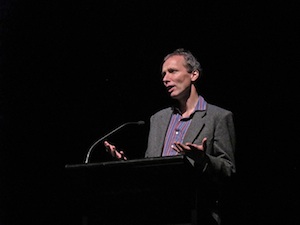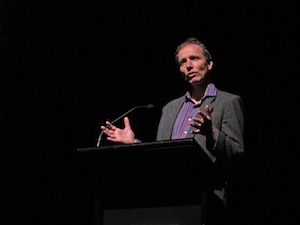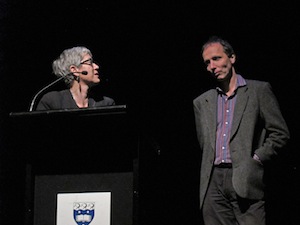A leader of the Tūhoe people’s drive for self-determination, Tamati Kruger, will give the 2017 Bruce Jesson Memorial Lecture on 31 October. Entitled ‘koia mārika – so it is’, the lecture will cover the following topics:
- Being Tūhoe
- The Tūhoe Settlement and Te Urewera Act.
- Te Mana Motuhake o Tūhoe and NZ Culture and Identity
The lecture, at the University of Auckland, will be a historic opportunity for Tūhoe to explain their philosophy of Mana Motuhake/Self-Determination to a national audience, and to report on how the approach is working out in practice since the iwi signed a settlement with the Crown in 2013.
The settlement transferred management of the Tūhoe homeland in the former Urewera National Park to a new entity Te Urewera, which Kruger chairs, run jointly by the Crown and Tūhoe.
It also agreed in principle that Tūhoe should run its own social services, including healthcare and education, for its own people.
So far Tūhoe has opened a health clinic at Taneatua and plans two more, it runs youth and counselling services, offers educational scholarships, and is becoming involved in wider educational and social services.
Tāmati Kruger was educated at Victoria University in Wellington, where he also tutored in te reo Māori and was involved in the early days if the Te Reo Māori Society in the 1970s.
He was the chief Tūhoe negotiator in the settlement process and also chairs the tribal body Tūhoe Te Uru Taumatua.
The lecture will be held at the University of Auckland. Details and a registration link will be provided closer to the event.


